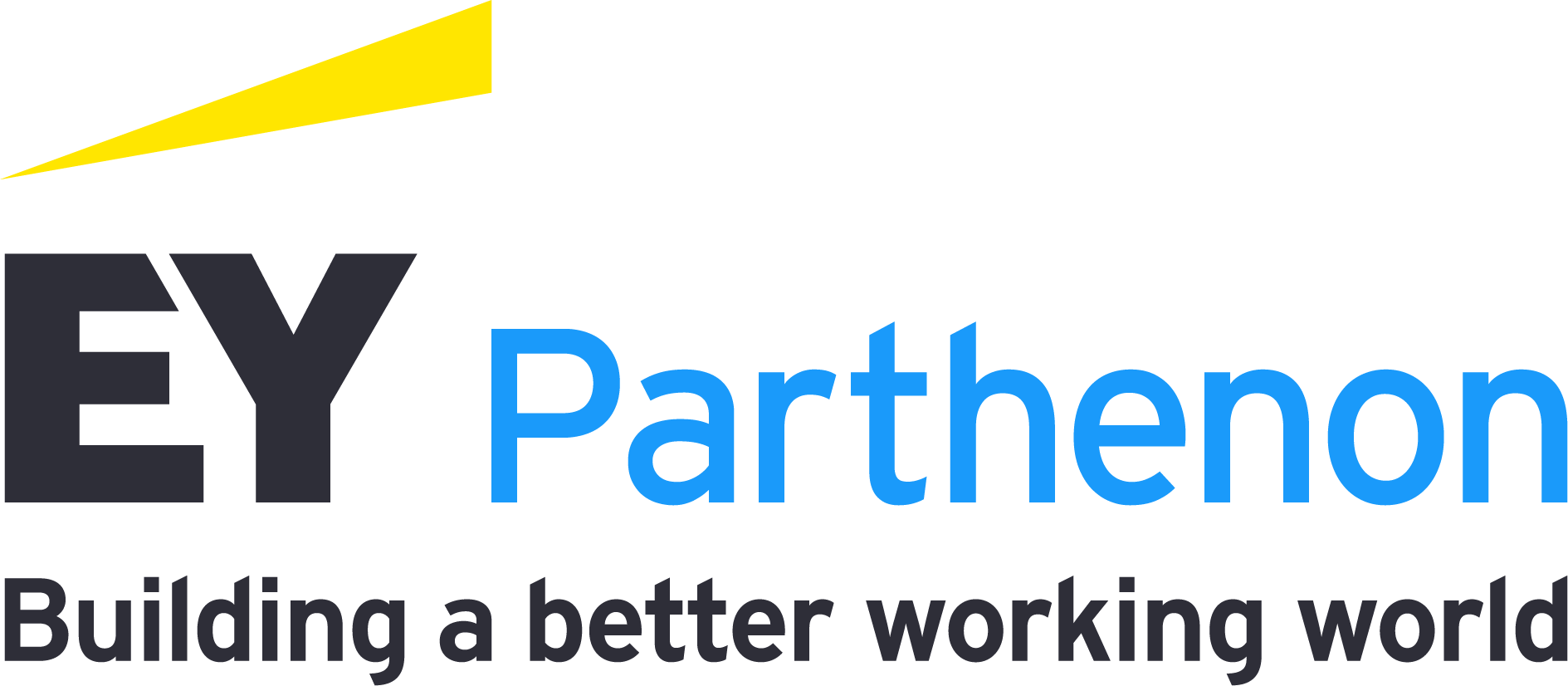In our research, we found seven common themes that help explain why acquirers that pursue alternative strategies have driven financial performance relative to classic acquirers.
- Innovating business models continuously
- Investing in early-stage and high-growth targets
- Creating valuable moats with startups
- Applying a catch-and-compete approach
- Balancing opportunity with timing
- Demonstrating greater flexibility
- Anchoring an ecosystem build-out
Executing an alternative M&A strategy
Realizing value from alternative M&A strategies may not be easy. Being successful across a diverse set of deals can require acquirers to commit to innovation, holistic value creation and robust infrastructure. Top-performing acquirers pursuing alternative strategies generally employ the following six operational levers to execute alternative strategies effectively.
- Reshape portfolio frequently around core assets
- Establish a robust corporate development function
- Adopt a holistic value-driven lens
- Prepare playbooks for all types of deal structures
- Determine the right premium during diligence
- Prioritize business model integration
An alternative deal approach can be an effective strategy for resiliency
M&A using alternative strategies can be an effective part of the corporate strategy toolkit to build resilient portfolios, create new growth opportunities and navigate the post-pandemic business world.
Successful alternative strategies consistently apply a holistic, value-driven lens to dealmaking. Alternative deal approaches tend to be highly focused on business model integration and top-line synergies, starting with the customer and the product. These strategies are often realized via well-equipped corporate development functions that can execute quickly and effectively through target selection, diligence and integration.
Alternative deal approaches in our analysis appear to be upending their classic peers. They not only show strong M&A results but also have likely become forces of disruption themselves.





